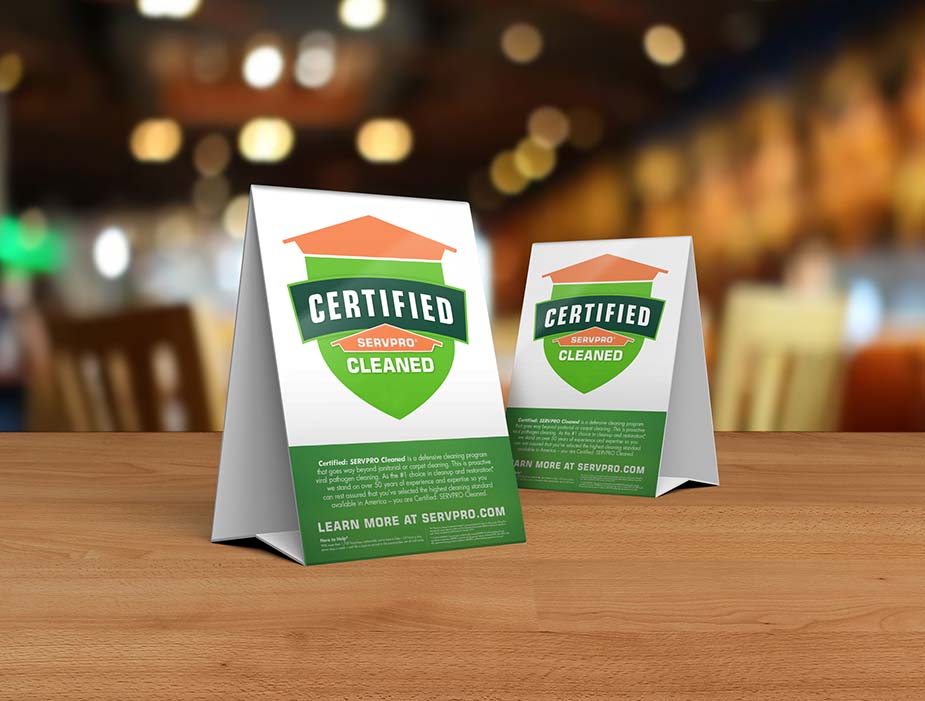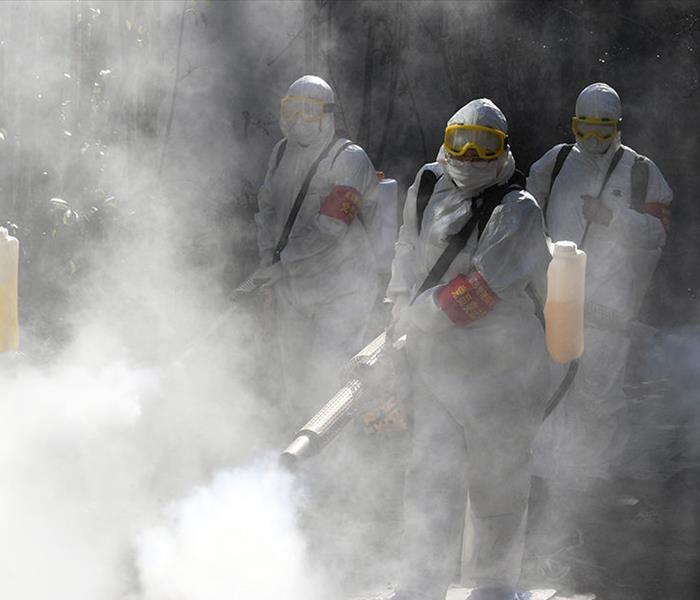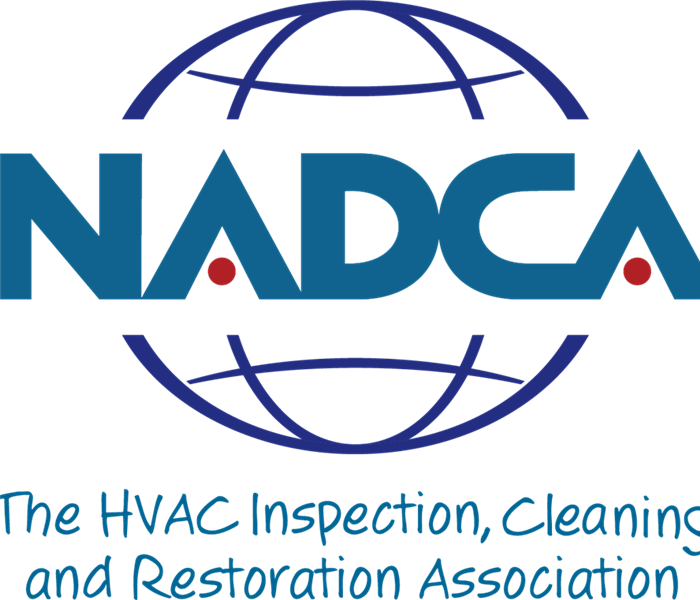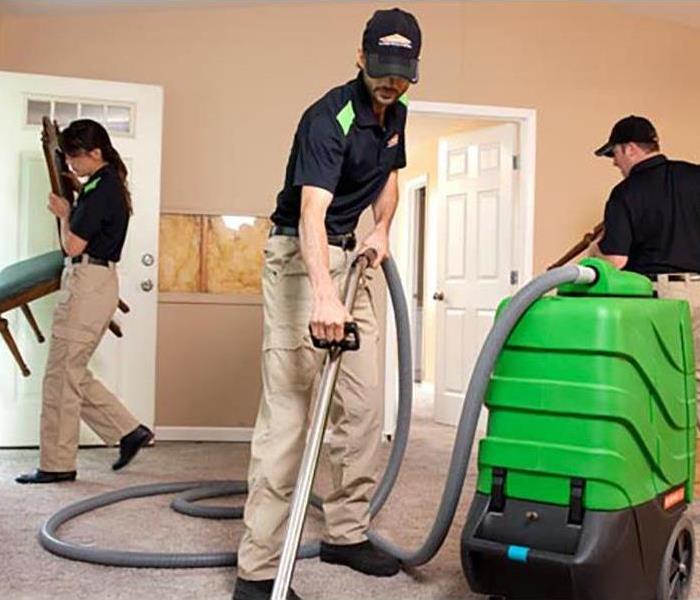Certified: SERVPRO Cleaned – a defensive cleaning program
5/26/2020 (Permalink)
 Our defensive cleaning program gives your business a way forward by providing your employees and customers ongoing safety and assuredness.
Our defensive cleaning program gives your business a way forward by providing your employees and customers ongoing safety and assuredness.
Let us help you get back to business
As our communities re-open, we’re all moving back toward a new kind of normal. The expectations of visitors, customers, and employees who come into our establishments have evolved, and staying safe and well is a top concern. The global COVID-19 pandemic has changed what it means to be clean, and we’ve developed a program to help your business meet the new higher standard of clean that is now expected.
Certified: SERVPRO Cleaned is a defensive cleaning program we’re offering to businesses and commercial locations to address the current COVID-19 pandemic. This proactive viral pathogen cleaning program goes well beyond janitorial or carpet cleaning. By choosing Certified: SERVPRO Cleaned, you, your employees, your customers, and your community can rest assured that you’ve selected a higher cleaning standard – you are Certified: SERVPRO Cleaned.
Extensive training and specialized products
As the #1 choice in cleanup and restoration*, we stand on more than 50 years of experience and expertise to help your business become Certified: SERVPRO Cleaned. Beyond fire & water, SERVPRO professionals are trained and experienced in biohazard decontamination and chemical spills – always adhering to the cleaning and decontamination standards set by the Centers for Disease Control and Prevention and local authorities.
From formulating and creating our proprietary cleaning products, like SERVPROXIDE, at our headquarters in Gallatin, TN, to taking the utmost care while disinfecting, we will ensure you and your business are set up to inspire consumer confidence as the economy continues to reopen.
3 C’s – Consult, Clean, and Certify
When the stakes are this high, you want a partner who has developed an industry leading, proprietary training program, cleaning solutions, and remediation processes over decades. We’ve cleaned up some of the most challenging biohazards imaginable. Certified: SERVPRO Cleaned reflects our unique experiences and capabilities. The program is grounded with our unique 3 C’s: Consult, Clean, and Certify.
- Consult – Every business is different, which is why you’ll be assigned a Cleaning Protocol Consultant who understands your business and will create a cleaning program to meet your specific needs. This program will be developed based on your business type, size of space, amount of high frequency touchpoints, foot traffic and congestion points.
- Clean – Based on your specific business needs, your location will undergo a thorough, deep clean, using exclusive cleaning products, according to protocols set forth by the CDC. Our employees have years of experience, and we will go beyond the scope of work that regular janitorial staff perform. Cleanup procedures generally include cleaning of porous and non-porous surfaces, disinfecting of non-porous surfaces, cleaning and disinfecting of equipment, tools, and/or supplies used for cleanup process, and disposal of hazardous materials. In the event of a suspected or confirmed COVID-19 event, we will be there cleaning within 24 hours to ensure you get back to business as quickly as possible.
- Certify - Once your business location has been Certified: SERVPRO Cleaned, you will gain access to proprietary signage, digital emblems, and other collateral that communicates that you’ve selected a higher standard of clean available to help protect your employees and customers. And because we add the day, month, and year to that proprietary stamp of clean, your guests will know that not only did you choose Certified: SERVPRO Cleaned, but that your location is being cleaned regularly at this standard.
We’re Here to Help – 24 hours a day, seven days a week – until life is back to normal in the communities we all call home.
Call SERVPRO Of South Tampa today at 813-839-6633 for your Certified: SERVPRO Cleaned consultation.

 24/7 Emergency Service
24/7 Emergency Service


